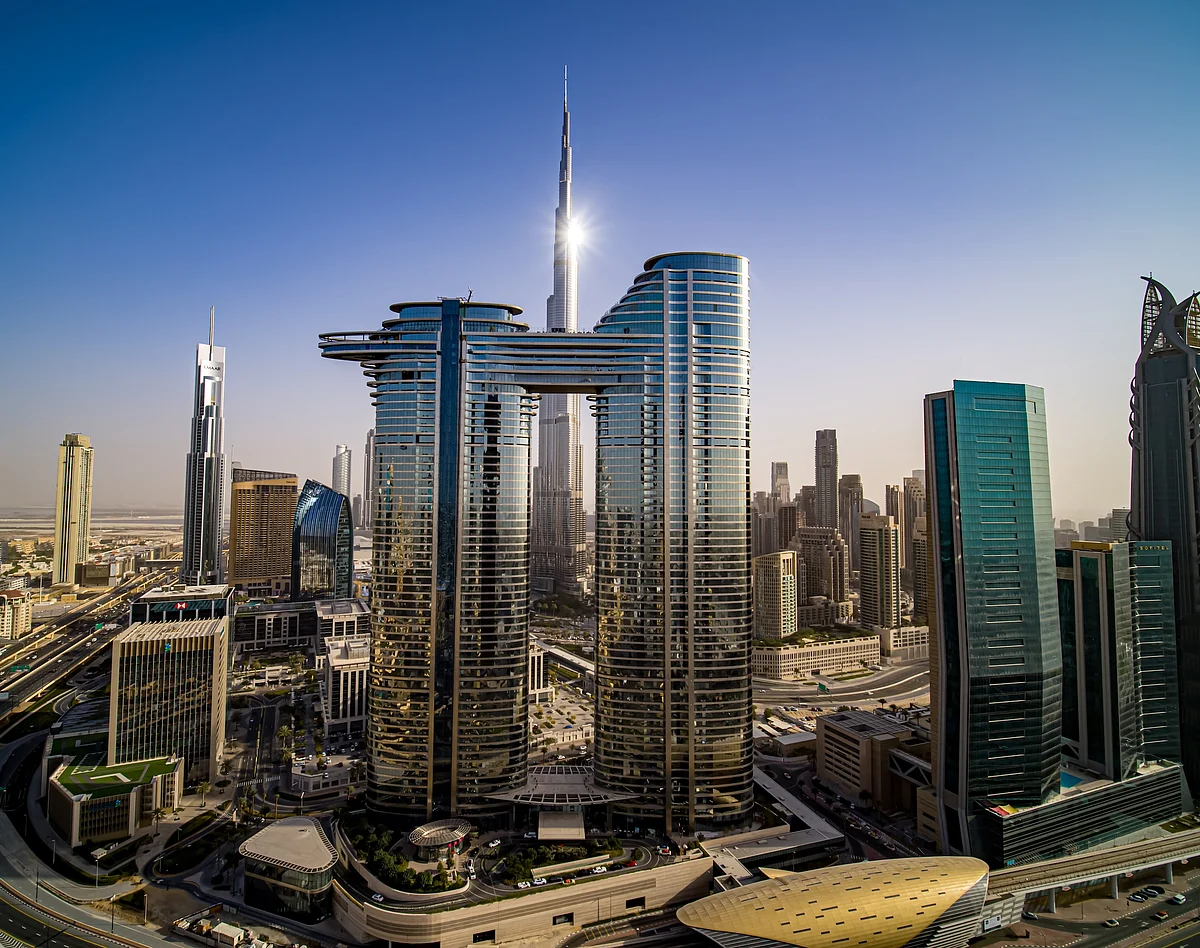
From Renters To Buyers: Dubai Rent Hike Pushes Tenants To Buy Homes
Dubai tenants are shifting their mindset towards owning in the wake of an escalation in rents, signalling a transformation in how long-term residents approach housing.
In a survey of 1,439 Dubai residents, Betterhomes' Future Living Report 2025 survey found that 55 per cent of tenants now plan to buy a property within the next one to three years - a leap from just 25 per cent last year.
Recommended For YouBetterhomes says this jump also reflects a real transformation in tenant mindset amid rising mortgage uptake, affordability pressure and a growing commitment to making Dubai home. Betterhomes' analysis reveals that 61 per cent of those intending to buy expect to use a mortgage, highlighting that affordability is no longer a barrier for many. There is a near-even split between outright purchases and mortgage-backed acquisitions, showing that ownership is becoming accessible across different financial profiles.
According to Betterhomes, the average planned homeowner's property value is around Dh4.5 million, underscoring the ambition and confidence among would be buyers. Rent remains a powerful motivator, with tenants paying an average of Dh99,000 per year; many feel squeezed by rising costs. Betterhomes reports that 69 per cent of renters said they would consider relocating if their rent increases significantly, suggesting that increasing lease payments are pushing tenants toward ownership as a way to vie for long-term stability. The behavioural shift is also underpinned by a long-term view: 59 per cent say they plan to stay in Dubai for at least ten years, with an average intended stay of 11.2 years.
On top of that, 36 per cent of respondents see real estate as a future investment, highlighting that many are buying not just for a home but as a wealth-building asset.“Purchase intent among tenants has jumped from 25 per cent to 55 per cent in just one year, with 61 per cent planning to use mortgages,” said Louis Harding, CEO of Betterhomes.“This is more than sentiment; it's reshaping end-user demand, prompting developers and lenders to evolve with more accessible ownership models, diverse property types, and financing solutions that match evolving household needs,” he added. This trend is consistent with broader market evidence.
Mortgage activity in Dubai continues to rise: according to Cavendish Maxwell data, there were 9,300 residential mortgage transactions in Q1 2025, a 24 per cent increase from Q1 2024, with the transaction value reaching Dh 20.4 billion, up nearly 47 per cent year-on-year. Mid-income buyers are particularly active, as per another research that shows that in October 2025, Dubai recorded Dh15.98 billion in mortgage deals across 3,999 transactions. The average mortgage deal fell 16 per cent to Dh 4.17 million, underscoring the growing appeal of smaller, more affordable homes. The change in mindset is reinforced by activity in the secondary market.
Engel & Völkers reports a 22 per cent increase in secondary-market sales during the first eight months of 2025 compared with the same period in 2024, a strong signal that more residents are committing to long-term living rather than short-term rentals. Analysts attribute this not only to rising rental costs but also to a desire among families and professionals to build equity and avoid the uncertainty of annual lease renewals.
Financial motives also play a role, real estate consultants noted. A Mortgage Finder report cited by media outlets noted that nearly 30 per cent of buyers were spurred into purchase by eviction notices from landlords seeking to sell, often finding buying a more secure and cost-effective long-term choice. Many buyers in that study said they intend to remain in the UAE long-term, and with average mortgage rates around 4 per cent versus rental yields exceeding 6 per cent, ownership is proving financially compelling. Driving part of this trend is the rising appeal of off-plan properties.
Transactions in the off-plan apartment category surged in Q2 2025 by 43 per cent quarter-on-quarter to Dh 60.2 billion, a 37 per cent annual increase, fuelled by attractive pricing, extended payment plans and buyer confidence in developer reliability. Real estate consultancy LCRE Insight similarly notes that in the first half of 2025, Dubai's residential market grew 22.7 per cent year-on-year in sales, while secondary market sales climbed 26.8 per cent, pointing to rising end-user appetite. The shift from tenancy to homeownership in Dubai is increasingly being framed as structural rather than cyclical.
Betterhomes believes developers, financial institutions and policymakers must adapt: demand for mid-market and family homes in established communities is likely to accelerate, while lending institutions may need to offer more flexible mortgage products and more accessible support for first-time buyers. As tenants weigh the rising cost of renting, Dubai's property market appears to be recalibrating around a more settled, long-term homeowner base-one that sees ownership not just as a place to live, but as a sound financial strategy.

Legal Disclaimer:
MENAFN provides the
information “as is” without warranty of any kind. We do not accept
any responsibility or liability for the accuracy, content, images,
videos, licenses, completeness, legality, or reliability of the information
contained in this article. If you have any complaints or copyright
issues related to this article, kindly contact the provider above.
















Comments
No comment